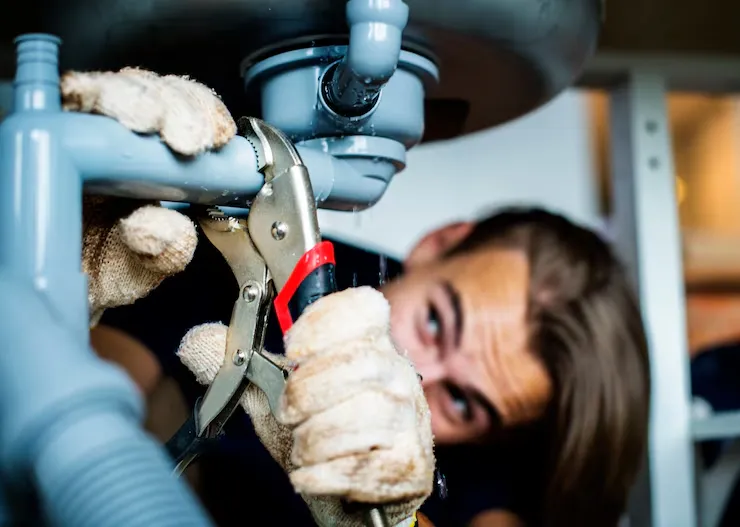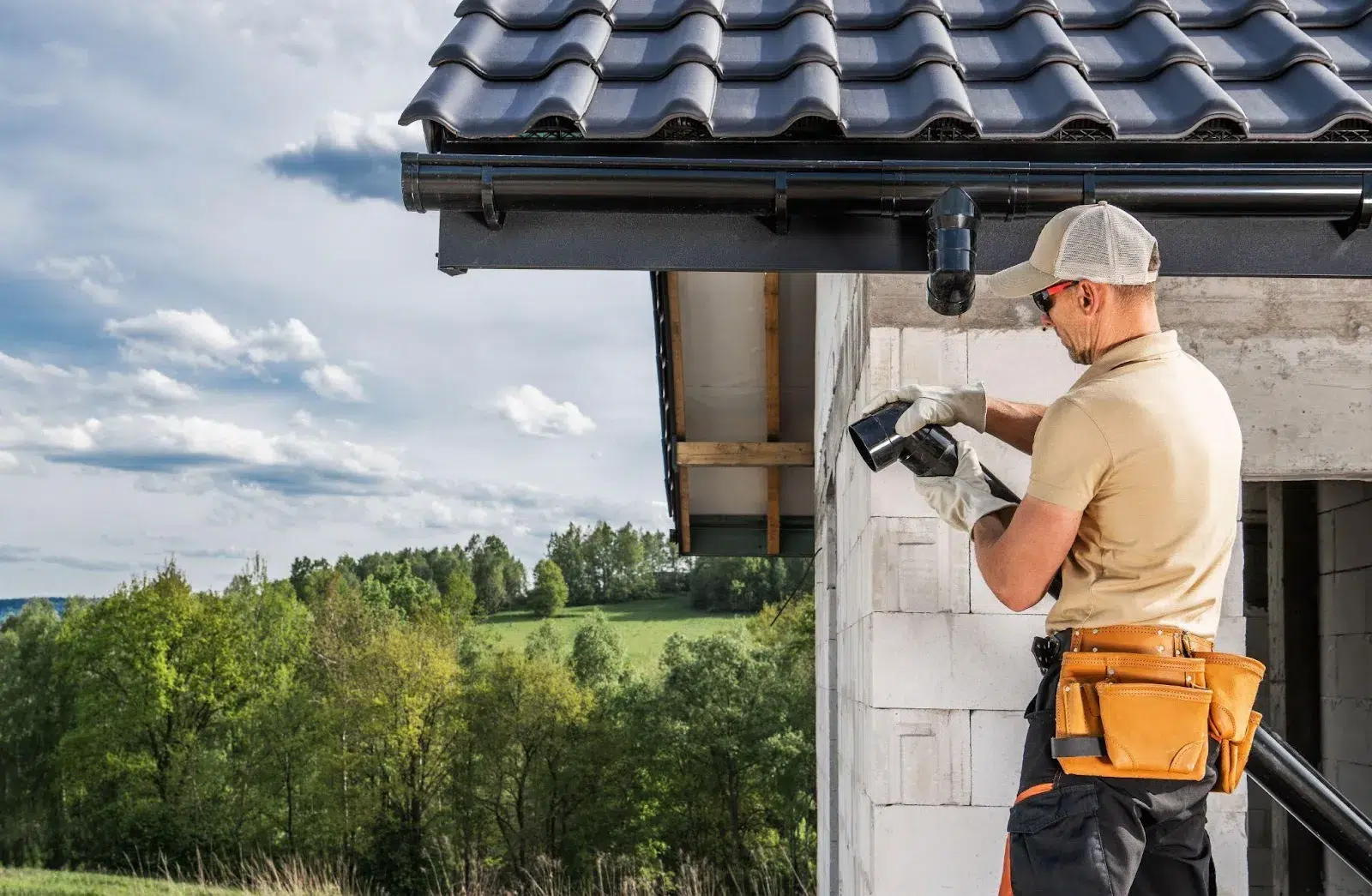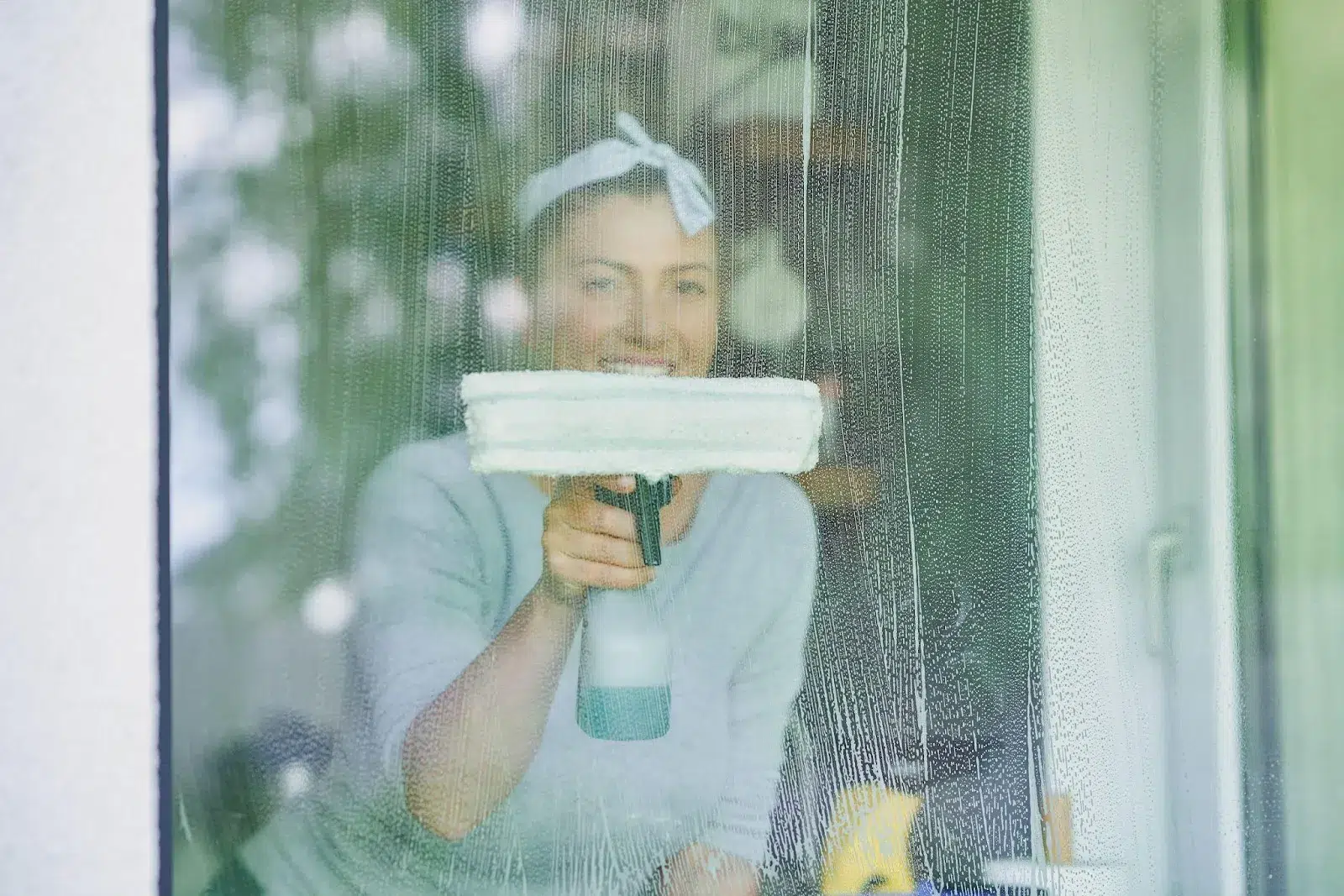We’re living longer and better. Centenarians remain among the fastest-growing segments of Canada’s population. United Nations calls it a longevity revolution – by 2050, the number of us reaching 100 is projected to increase eightfold to 3.7 million people.
While genetics play a key role in healthy aging, where you live, what you eat, how often you exercise and your social support system also influence your chances for living a very long life. And add to that a good health system.
Helping centenarians age healthy and live their best lives is Dr. Samir Sinha, director of Geriatrics at Mount Sinai Hospital, which is a global key leader in the fields of geriatrics and healthy aging. “We’ve made geriatric care a top priority,” says Dr. Sinha in a Sinai Health report. “We’re committed to supporting older people in ensuring they receive the right care, in the right place, at the right time.”
Among Dr. Sinha’s patients are four centenarians: William, Phyllis Pringle, Elizabeth Samson and Sam Meister. “With high-quality care from primary care providers and specialists including the support of a geriatrician, they’ve been able to navigate complex health-care issues and the supports they need to remain healthy and independent.”
With reprint permission from the Sinai Health Foundation, Meet four centenarians redefining the limits of aging. These super seniors share their thoughts on healthy aging and the ways they continue to stay active, engaged and curious.
William, 101
Born: 1922

William lifts weights every day. Not just small five-pound weights, but hefty 15-pound dumbbells – one in each hand. “Beware of inactivity,” he advises while demonstrating his weight-lifting ability. “I don’t allow myself to become immobile.”
A big proponent of physical activity, William walks daily and swam four or five times a week for more than 20 years. He proudly shows off a badge he received from a local health centre for swimming over 50 miles. “Not all at once,” he says with a laugh.
William moved to Toronto in 1957 from the U.K., and today lives independently in his own home. A retired physician, he’s had a varied career, first as a GP before moving into public health and workers’ compensation. In the years before retirement at age 85, William was a practising psychotherapist. “I always change,” he says. “Change in careers is good for anybody.”
As for what he attributes to his longevity, William has one word: “Sardines.” He tells a story of when he was six years old at a restaurant with his parents. Asked what he’d like to eat, he told them all he wanted was sardines. “I’ve been eating them ever since,” he says. “And this was before they discovered omega threes!”
William does indeed believe good nutrition has contributed to a long and healthy life. “I still prepare all my own food,” he says. What’s more, he says he’s always remained curious, pointing to his long career for helping keep him sharp and attentive. “You can’t sleep through life,” he says. “You have to stay interested.”
Read more about How To Prepare An Aging Brain To Re-enter The Workforce.
Phyllis Pringle, 101
Born: 1923

Fresh from an exercise class at the seniors’ residence where she lives, Phyllis Pringle speaks clearly and expressively about having lived in Toronto her whole life. Although she uses a walker and has macular degeneration, her indomitable spirit shines through.
As a student at the University of Toronto, Phyllis studied sociology. Her father thought she might become a teacher but after hearing a social worker speak at a Careers Day, Phyllis knew she wanted to pursue social work. She became a case aide worker at the Protestant Children’s Homes where she worked for three years. “I really liked it,” she says. “I’d visit kids in foster homes, talk to the parent who was still responsible for the child, and help that parent get re-established.”
After she married in 1949 and had the first of four sons the following year, Phyllis planned to keep doing the job she loved, but her father-in-law disapproved. “That was the old idea — that married women didn’t work.” Not to be deterred, Phyllis simply continued her social work on a volunteer basis by joining the Junior League. “I found a way to keep doing the work I loved.”
Today, Phyllis is still finding ways to keep doing the things she loves. Although her failing eyesight has made reading a challenge, she uses audio technology to listen to newspaper articles and books. In addition to daily exercises, she participates in current events programs and weekly quiz sessions at the retirement home. She credits her longevity to keeping her mind and body active. “You have to find ways to enjoy life — and I do.”
Sam Meister, 101
Born: 1923

At 101, Sam still lives in the home he bought with his wife in the 1980s in North York. She died 17 years ago, and today Sam now lives with his caregiver, Marizel.
Born in Romania, Sam is a Holocaust survivor. “The day my parents and I were rounded up to be taken away, I refused to go,” he says. “I don’t know why they just let me go. My parents died at Auschwitz. My brother was also killed during the war. At the end of the war, only my sister, older brother and I were left.”
The woman Sam calls “the love of my life” was also sent to Auschwitz. When the war ended, Sam didn’t know if she was still alive. “The Russians sent word she was sick with typhus and taken to Russia for treatment,” he says. “When she came home after the war, we got married right away.”
Sam and his new bride arrived in Halifax in 1948. He says they were assigned to settle in Winnipeg, but when they got off the train in Toronto, they decided to stay. Sam went on to run several successful businesses, while he and Olga raised two children.
“We had a wonderful life,” Sam says. “My wife and I travelled all over the world together. She died in 2007, and I miss her every day.”
Today, Sam calls Marizel family and credits her for helping keep him safe and healthy for almost 20 years. “I need her,” he says. “She looked after my wife and now she looks after me.”
Elizabeth Samson, 102
Born: 1922

When Elizabeth Samson arrived at Toronto Pearson Airport early last year after a flight from British Columbia, she was surprised to hear applause. Her surprise turned to shock when she discovered the applause was for her. Airport staff had learned Elizabeth was a veteran, not to mention a centenarian, and wanted to thank her for her service. She couldn’t have been more delighted by the impromptu honour guard. “I was very surprised,” she says, “but thrilled.”
Elizabeth’s service included three years as a hospital assistant in the Royal Canadian Air Force during the Second World War. After the war, she worked several jobs in Toronto, including as a Dictaphone typist and an elevator operator in the Victory Building.
She also worked as an in-house consultant for the CBC Radio program “Our Native Land.” Elizabeth is of Cree ancestry, which led her to become an active member of Toronto’s Indigenous community. She was a founding member of what would become the Native Canadian Club. “When I look back,” she says, “I’m most proud of helping find a permanent home for First Nations people to gather, conduct business, do crafts and learn about their culture.”
Today, as a resident at the Sunnybrook Veterans Centre, Elizabeth is an avid reader and has developed a latent interest in forensic science. Although she jokes her longevity is due to coming from “good stock,” Elizabeth believes it has more to do with perspective. “I think it helps not to be vengeful because that can eat away at you,” she says. “It’s best for your body and spirit if you don’t have anything mean on your mind.”
With Reprint Permission from the Sinai Health Foundation
Related read Rethink Aging With Colin Milner.




